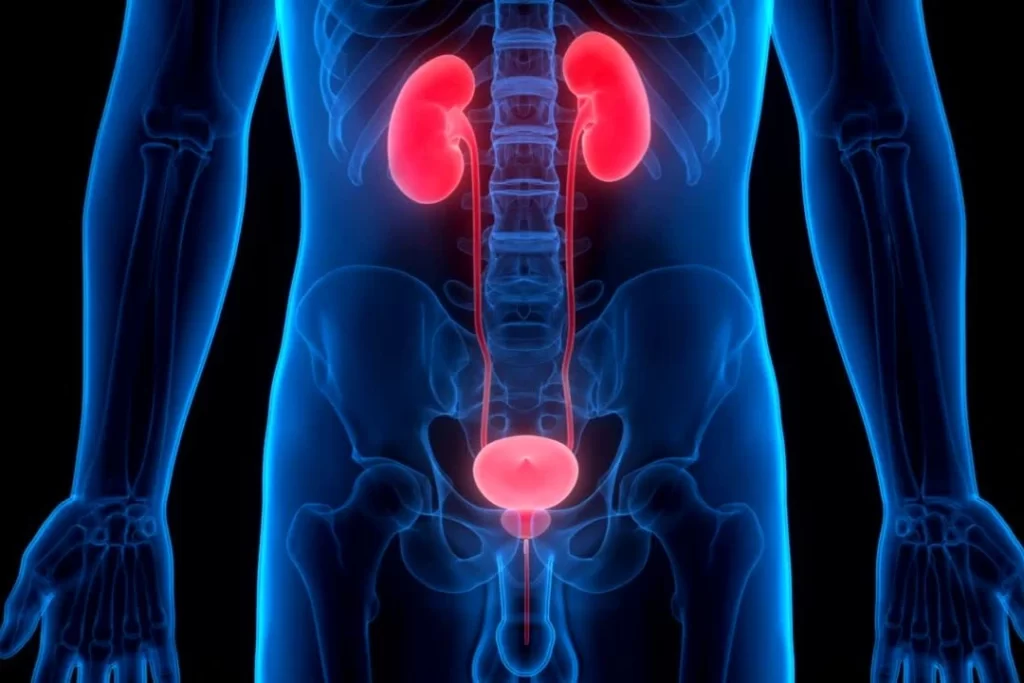Chronic Kidney Disease (CKD) remains a growing health concern, with the Kidney Disease Improving Global Outcomes (KDIGO) defining it as an estimated glomerular filtration rate (eGFR) below 60 mL/min/1.73 m² for at least three months or the presence of markers indicating kidney damage, such as urinary abnormalities and structural issues.
Recent studies indicate that kidney disease prevalence in our country ranges from 3% to 10%, emphasizing the necessity of a national kidney health registry. With over 100,000 new cases requiring dialysis or kidney transplants annually, the burden on healthcare continues to rise.
Causes of kidney disease can stem from multiple factors, including diabetes, high blood pressure, obesity, infections, and medications causing kidney injury. Pain relievers, especially non-steroidal anti-inflammatory drugs (NSAIDs), have been identified as a significant contributor to kidney damage.
Common painkillers affecting kidneys such as paracetamol, diclofenac, and tramadol belong to different drug groups but share a concerning risk profile. While paracetamol and kidney health is primarily associated with liver damage, NSAIDs often contribute to kidney injury and gastrointestinal issues, and tramadol carries a high risk of dependency.
A variety of NSAIDs damaging kidneys — including ibuprofen, ketorolac, aceclofenac, and celecoxib — are widely available for pain management. Some, such as nimesulide, have been banned by regulatory authorities but continue to be sold in certain markets. These drugs are particularly effective for managing inflammatory pain such as arthritis or dental pain, but their impact on kidney function can be severe.
NSAIDs work by reducing prostaglandins, compounds that play a crucial role in maintaining kidney blood flow. When prostaglandin levels drop, blood circulation to the kidneys diminishes, potentially damaging the kidney tubules and increasing serum creatinine levels. This can lead to interstitial nephritis, a type of kidney inflammation, or excessive protein leakage in urine, known as minimal change nephropathy.
NSAIDs are not the only drugs that can harm kidney function. Certain antibiotics causing kidney damage (e.g., amikacin, streptomycin), diuretics (e.g., furosemide), blood pressure medicines and kidney health (especially when they cause low blood pressure), and proton pump inhibitors and kidney risk (e.g., pantoprazole, omeprazole) have also been linked to renal toxicity. When NSAIDs are combined with these medications, their harmful effects on the kidneys are amplified.
Elderly individuals, children, those with pre-existing kidney conditions, and patients suffering from dehydration and kidney damage are particularly vulnerable to kidney failure from NSAIDs. In cases of severe dehydration, the toxicity of NSAIDs can escalate dramatically, sometimes leading to acute kidney failure requiring dialysis.
Although NSAIDs offer effective pain relief, their use must be approached with caution. Experts recommend restricting NSAIDs to prescription-only status, ensuring they are taken only under medical supervision for kidney safety. People with existing health conditions, especially chronic kidney disease patients, should consult their healthcare provider before using NSAIDs or any potentially nephrotoxic drugs.
For safer pain management, alternative approaches such as physiotherapy for pain relief, lifestyle changes for kidney health, and non-nephrotoxic pain medications should be considered. If NSAIDs are necessary, they should be used in the lowest effective dose for shortest duration to minimize risks.
Stay updated with the latest headlines and in-depth analysis on global news, only at Virgin News





